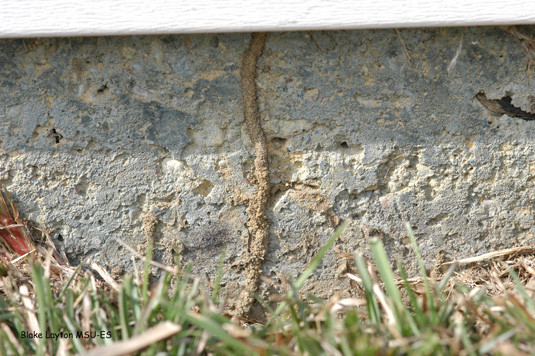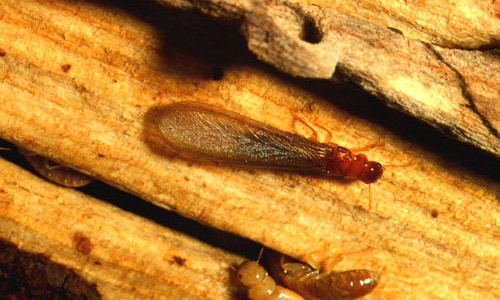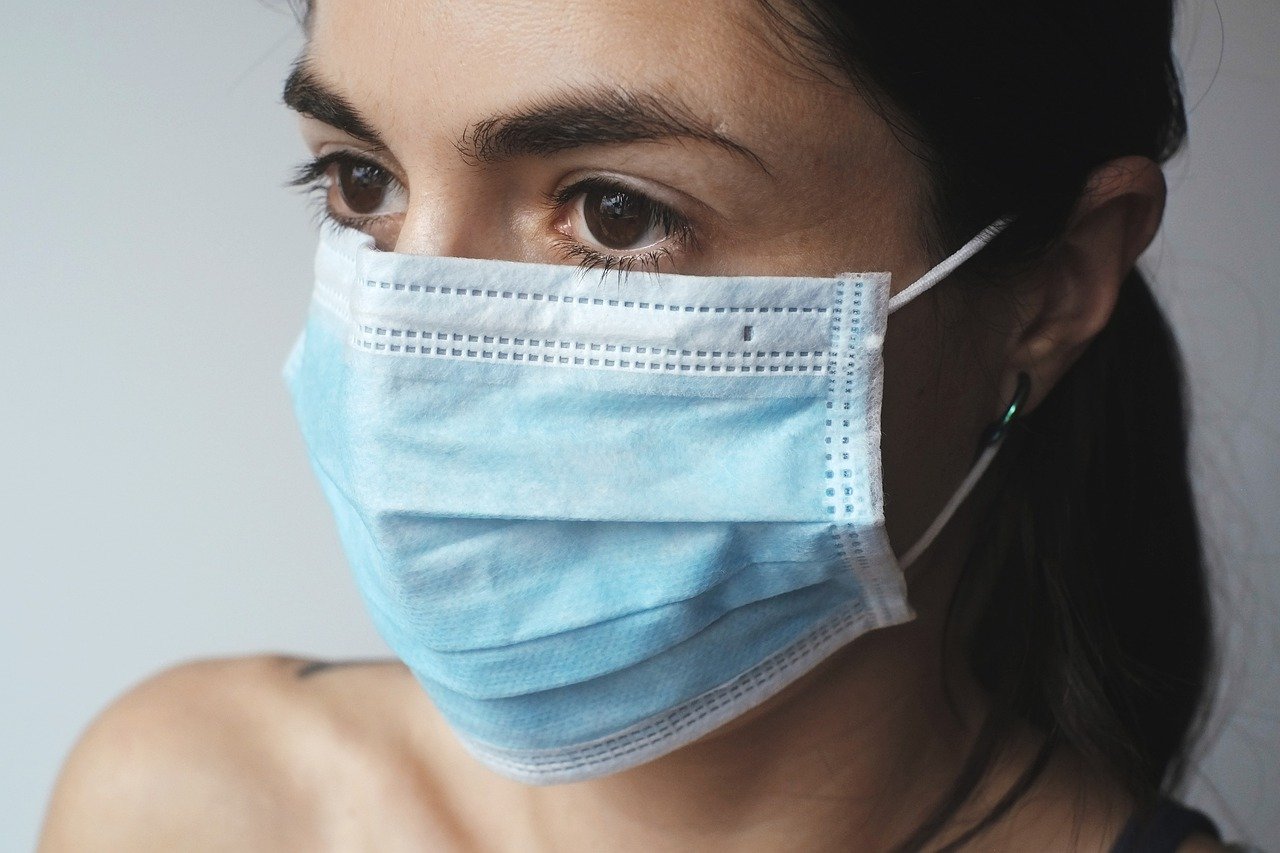When people hear the word termites, “structural damage” is usually the first thing that pops into their heads. That makes a lot of sense, considering that termites cause billions of dollars in structural damage each year. But don’t forget that termites can be hazardous to your health as well. There is such a thing as termite allergy, and here’s everything you need to know…
Why termites trigger allergies
- Termites are descendants of allergy-inducing arthropods. Many arthropods are dangerous to humans. There are arthropods that can transmit diseases, like fleas and mosquitoes. There are those that are parasitic, like bed bugs and lice. And then there are those that trigger allergies, like cockroaches and termites. Cockroaches have hemocyanin and tropomyosin, proteins that induce allergies. Because termites are descendants of cockroaches, some termite species are found to contain these proteins.
- Their feces and mud tubes are believed to transport allergens. Termite activity can also trigger allergies. Their feces, for example, are believed to contain allergens. Mud tubes are also believed to make these allergens more abundant and accessible around your home. You can find feces near termite colonies. They look like small piles of dirt and sawdust. You can find mud tubes around your home. They look exactly what they sound like – tubes of mud connecting termite colonies to food sources on your property.
- Their living conditions promote the growth of mold. If you are suffering from asthma attacks, skin irritation, and other allergy symptoms, don’t automatically assume that termites are the direct cause. Cigarette smoke, dust, humidity, and other environmental factors may be to blame. People often overlook mold as an allergy trigger. And unfortunately, the high moisture condition of a termite-infested home can attract and promote the development of mold. In these cases, termites are only the indirect cause of your allergies.

Termite allergy health risks
- Termites can cause skin allergies, irritation, and infection. Termites feed on wood, and this is one of the primary reasons why they are so notorious for the structural damage they can cause to homes. Their saliva has strong properties that help them chew on wood easier. When termites bite you and inject their saliva into you, your immune system can overreact and cause an allergy, giving you various symptoms like skin irritation. Termite bites can also get infected if you constantly scratch and expose them to dirt. To avoid scratching and infections, ease the itching with anti-itch creams and oral medications. You can get these over the counter.
- They can trigger asthma attacks and other respiratory conditions. You don’t need direct contact with termites to get a termite allergy. Termite activity can disturb and transport particles around your home. These particles can get into your HVAC system and ventilation, making them even more likely to trigger asthma attacks and other respiratory conditions like coughing and wheezing because they circulate easily around your home. Because termite activity also promotes the growth of other allergens like mildews, molds, and spores, you are also vulnerable to fungal infections and related health conditions, particularly the sick building syndrome.
- Termiticides are also hazardous to human health. It’s very difficult to get rid of termites yourself. You are likely to need the help of pest control professionals. They are the only ones with access to strong ingredients that can effectively kill termites. But these strong ingredients are dangerous not just to termites, but also to humans. Exposure to sulfuryl fluoride, a common termiticide ingredient, can be fatal. There are many known incidents even though these pest control methods are heavily regulated. Termites are not just a danger. The methods to get rid of them are just as dangerous if you are not careful.

How to avoid termite allergy
- Get rid of the termites on your property. You won’t suffer from termite allergies if you don’t have termites in the first place. Yes, there are some DIY ways to deal with termites. But they can only go so far. It’s still better to call licensed pest control professionals. They can diagnose the termite infestation and propose a pest control method that will suit your specific case the best. For instance, spot treatment may be enough to get rid of an infestation, especially if the termites concentrate in a particular spot inside your home. But if the pests are already too spread out, the pest control professionals may suggest a more invasive but more lethal method, such as termite fumigation.
- Avoid future termite infestations. Pest control methods can be difficult to deal with even with the help of pest control professionals. Look at termite fumigation. You have to make preparations before the fumigation. You have to be away from your home while pest control professionals bomb your home with a fumigant gas. And you have to clean your home after everything to avoid the health risks of fumigant gas residue. All this effort will go to waste if another batch of termites invades your home. Read this article if you want to prevent future termite infestations effectively.
- Keep your home clean to avoid other allergens. Dust, mold, and pollens are the primary allergens you can find in homes. They can thrive on your property even if you don’t have termites. Regularly clean your home to avoid the accumulation of particles and the growth of fungi. Vacuum at least once a week. Keep surfaces dry. Use air cleaners and humidifiers. And if you happen to be allergic to pets, regularly clean up their bedding, pick up their lost fur, and if possible, keep them out of your bedroom.
You don’t want termite allergy
Termites can induce allergies because they have proteins that you can also find in other allergy-inducing arthropods. Termite activity also promotes the development of other allergens like mold.
The symptoms of termite allergy often involve the skin or the respiratory system. Termite bites, skin irritation and infection, asthma attacks, and coughing are some of the most prominent symptoms you should look out for. But don’t overlook persistent headaches and dizziness, as they can be signs of sick building syndrome.

